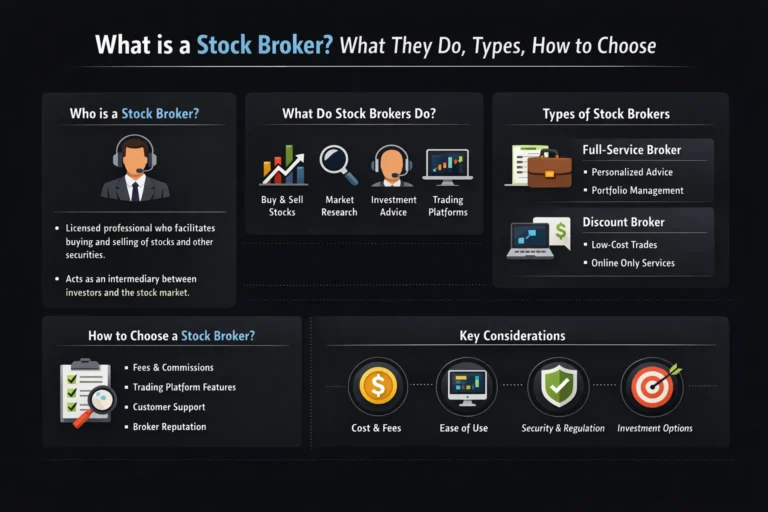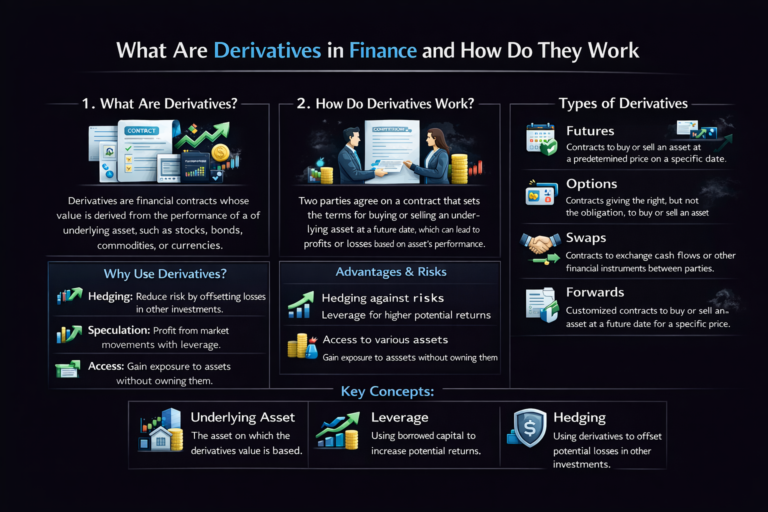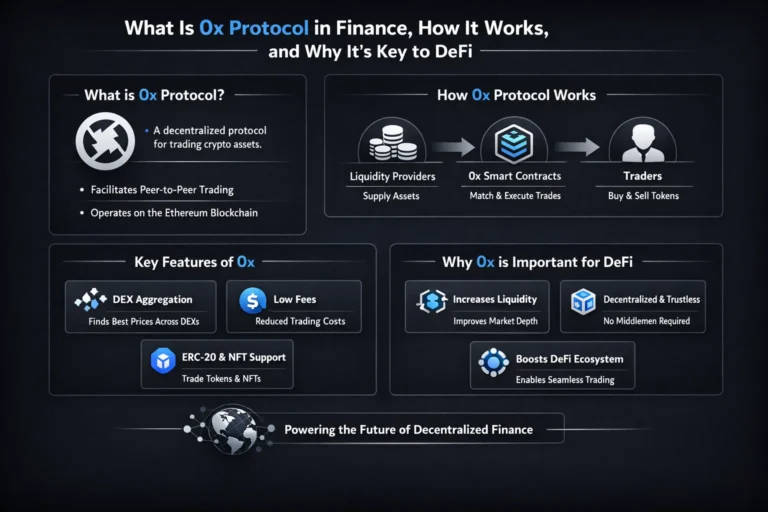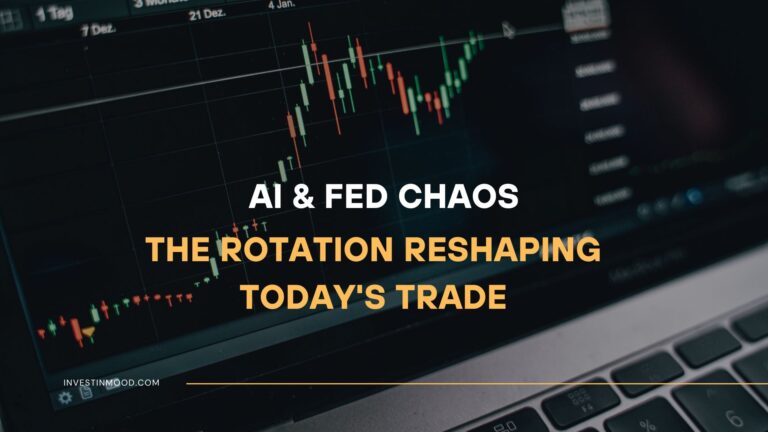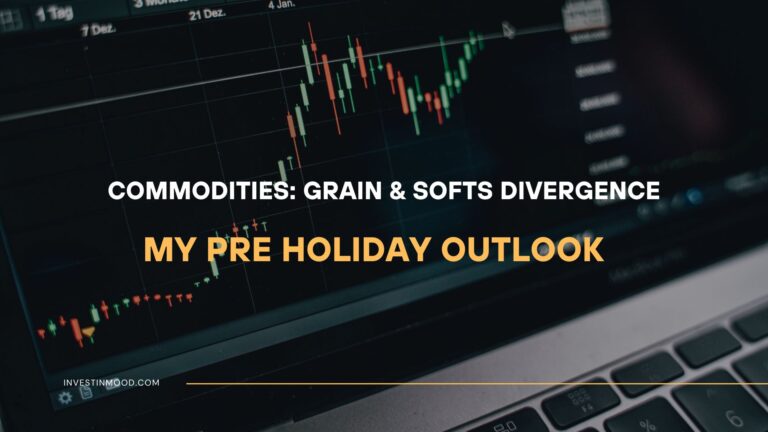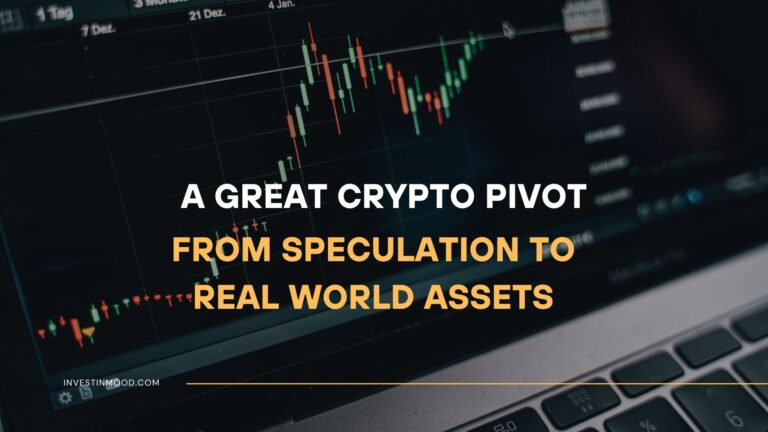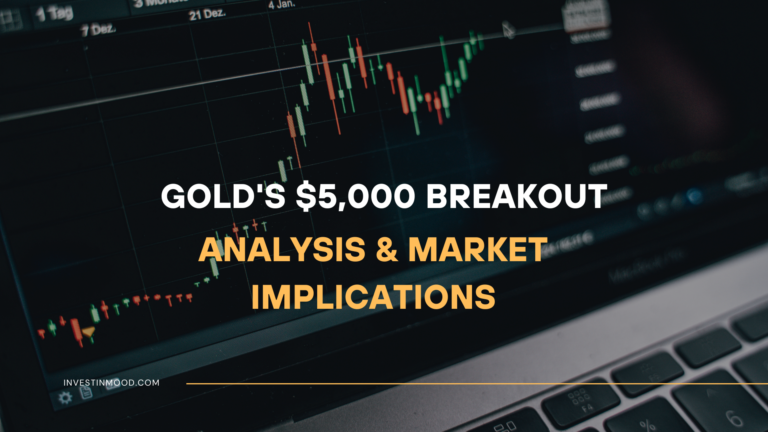
What Are Dow Jones Futures and How to Trade Them
Dow Jones Futures are financial contracts that allow traders to speculate on or hedge against the future value of the iconic Dow Jones Industrial Average (DJIA). They are a vital barometer of market sentiment, providing a crucial glimpse into where US stock markets are headed before the opening bell even rings.
For active traders and investors in the US, UK, Canada, and Australia, monitoring Dow Jones Futures on platforms like the CME Group is an essential part of the daily routine, offering critical insights for managing portfolios tied to major indices like the S&P 500 and NASDAQ.
Summary Table
| Aspect | Detail |
|---|---|
| Definition | A legally binding agreement to buy or sell the Dow Jones Industrial Average at a predetermined price on a specified future date. |
| Also Known As | DJIA Futures, Wall Street Futures, Equity Index Futures |
| Main Used In | Stock Market Trading, Hedging, Speculation, Risk Management |
| Key Takeaway | They are the most widely watched indicator of pre-market sentiment, signaling potential gains or losses for the day’s trading session. |
| Related Concepts |
What Are Dow Jones Futures
At its core, a Dow Jones Future is a derivative contract. Think of it as a bet or an insurance policy on the future direction of the Dow Jones Industrial Average. When you buy a futures contract, you are agreeing to purchase the “value” of the Dow at a set price on a future date. If you sell, you’re agreeing to sell it. The vast majority of traders never take delivery; they simply cash-settle the contract based on the price difference.
Imagine you’re a farmer (the stock market) and I’m a cereal company (a trader). We agree today that I will buy your wheat harvest in three months for a fixed price. This locks in my costs and your revenue, regardless of whether a drought or a bumper crop causes prices to swing. Dow Jones Futures work similarly, allowing traders to lock in a price for the index now, for a transaction that will occur later.
Key Takeaways
The Core Concept Explained
Dow Jones Futures are a price-discovery mechanism. When major news breaks overnight—be it an earnings report from Apple (AAPL), a Federal Reserve announcement, or geopolitical turmoil—the US stock exchanges are closed. However, futures markets like the Chicago Mercantile Exchange (CME) are open. Traders immediately react to this news by buying or selling futures contracts, which causes the “futures price” to deviate from the previous day’s “cash market” closing price of the actual Dow Jones index.
A “higher” futures price indicates bullish sentiment and typically leads to a higher market open. Conversely, “lower” futures signal a likely down day. The difference between the futures price and the fair value of the index is a closely watched spread that arbitrageurs exploit, ensuring the cash and futures markets align at the open.
How Are Dow Jones Futures Priced
While there is no single “formula” like P/E ratio, the price of a Dow Futures contract is not arbitrary. It is derived from the spot price (current value) of the underlying Dow Jones Industrial Average, adjusted for the cost of carry. The foundational theoretical model is:
Futures Price ≈ Spot Price of DJIA + (Cost of Carry)
The “Cost of Carry” primarily includes the interest rate (since buying futures frees up capital that could otherwise earn interest) minus the expected dividends from the 30 Dow component stocks over the life of the contract. In practice, the price is set by the continuous auction between buyers and sellers on the CME Globex electronic trading platform, reflecting all known information and expectations for the future.
For a trader in the US or UK, understanding this pricing is key. If the dividends from UK-listed companies in a similar fund are expected to be higher, it can affect the futures pricing relative to the US index. The models used by major institutions are complex, but the core concept remains the same across global markets.
Reading the Tape: A Trader’s Guide to Interpreting Futures Data
You see that Dow Futures are up +120 points. What does that really mean? Here’s how to dig deeper:
- Volume and Momentum: +120 points on thin volume is less convincing than +120 points on surging volume. High volume confirms the conviction behind the move.
- The “Crawl” vs. The “Spike”: A steady, gradual climb in futures suggests sustained buying interest. A sudden, vertical spike on a single headline can be fragile and prone to a rapid reversal.
- Watching the Other Indices: Are Dow Futures (YM) up, but NASDAQ Futures (NQ) flat or down? This “divergence” can signal a rotational day—money moving out of tech and into more traditional industrials and blue-chips, which dominate the Dow.
- The Globex Session Map: Understand the sessions. The Asian session (evening ET) can be driven by regional data. The European session (early morning ET) often provides the real momentum heading into the US open.
Why Dow Jones Futures Matter to Traders and Investors
- For Day Traders: It’s their opening playbook. A strongly positive or negative futures reading allows them to pre-plan their first trades, whether going long on market open strength or shorting into weakness. It helps them manage risk before the volatility of the regular session begins.
- For Long-Term Investors: While not for daily decisions, a sharp move in futures can signal a broader market shift. A massive overnight drop might prompt an investor to check their portfolio’s risk exposure or consider whether it’s a buying opportunity for high-quality stocks. For those invested in index funds or ETFs like the SPDR Dow Jones Industrial Average ETF (DIA), futures are a direct indicator of their investment’s imminent value.
- For Institutional Portfolio Managers: This is where hedging comes in. If a fund manager has a large portfolio of US stocks and is worried about short-term market risk (e.g., ahead of an election), they can sell Dow Jones Futures. If the market falls, the losses on their stock portfolio are offset by gains on their short futures position, effectively insuring their holdings.
How to Use Dow Jones Futures in Your Strategy
Use Case 1: Gauging Market Open Strength/Weakness
- Scenario: You wake up at 7:00 AM ET. Dow Futures are up +150 points.
- Action: This is a strong indication of a “gap-up” open. A day trader might look for stocks that are also showing strong pre-market volume to ride the initial momentum. A cautious investor might avoid placing a market buy order at the open, expecting a higher initial price.
Use Case 2: Hedging a Long Stock Portfolio
- Scenario: You are bullish on your stock picks for the long term but are nervous about potential market volatility over the next month due to an upcoming Fed meeting.
- Action: You can sell a number of Dow Futures contracts equivalent to the value of your portfolio. If the market drops 5%, your stocks will lose value, but your short futures position will profit, neutralizing the loss. After the volatility passes, you close the futures position.
Use Case 3: Identifying a Shift in Sentiment
- Scenario: The market closed flat, but after hours, a key inflation report comes in much hotter than expected. Dow Futures plummet -400 points within minutes.
- Action: This is a clear signal of a negative sentiment shift. It allows you to adjust your strategy overnight—perhaps by placing stop-loss orders on vulnerable positions or preparing to short weak sectors at the open.
To start tracking Dow Jones Futures in real-time, you’ll need a reliable data feed. Many premium charting platforms like TradingView offer live futures data. Finding the right platform is the first step. Check out our review of the best trading platforms for futures to get started.
Advanced Strategy: The Intra-Day Futures “Fade”
One of the most common advanced day trading strategies is “fading” the futures-driven gap.
- The Setup: Dow Futures are up massively overnight (+250 points) due to a euphoric headline. The market is poised for a huge gap-up open.
- The Thesis: The move is overextended, and the good news is already “priced in.” You anticipate a sell-off immediately after the open as traders “sell the news.”
- The Trade: Instead of buying at the open, you wait for the initial burst of buying to subside. You then enter a short position as the price starts to roll over, betting that it will “fade” back down to fill some of the overnight gap.
- The Risk: This is counter-trend trading and requires excellent timing and strict stop-losses, as the momentum could continue.
- 24/7 Access: Trade and gauge sentiment 23 hours a day, reacting to global events in real-time.
- High Leverage: Control significant exposure with a fraction of the capital required to buy the actual stocks.
- High Liquidity: Extremely liquid markets ensure tight bid-ask spreads and easy order execution.
- Effective Hedging: A direct and efficient tool for managing portfolio risk against market downturns.
- No PDT Rule: Futures are not subject to the Pattern Day Trader rule, allowing more flexibility for active traders.
- Leverage Risk: Amplified losses can lead to devastating losses, potentially exceeding your initial investment.
- Imperfect Predictor: The actual market can reverse direction shortly after the opening bell (“fade the open”).
- Steep Learning Curve: Concepts like margin and contract specs are more complex than simple stock trading.
- Overnight Volatility: Thin trading volume overnight can lead to whipsaw price action that may not reflect true sentiment.
- Requires Discipline: The 24-hour nature and leverage demand strict risk management to avoid emotional decisions.
Dow Jones Futures in the Real World: The March 2020 COVID Crash
The global market meltdown triggered by the COVID-19 pandemic provides a stark and perfect example of Dow Jones Futures in action. As lockdowns spread from Asia to Europe and then to the US, the futures market became the primary channel for pricing in the escalating economic fear.
- The Signal: Night after night in March 2020, US traders would go to sleep only to see Dow Futures hit their “limit down” thresholds of -5% on the CME, halting trading due to extreme losses.
- The Outcome: This was an unmistakable signal that a massive sell-off was imminent. When the US cash market opened at 9:30 AM ET, the Dow Jones Industrial Average would promptly crash, often mirroring the losses previewed by the futures. This cycle repeated for several days, with futures providing a brutal but accurate preview of the day’s carnage.
- The Lesson: For any investor watching, the futures were a clear “do not panic sell at the open” warning; the panic had already happened overnight. Conversely, for those looking to buy the dip, it signaled that better entry points might be available during the regular session as markets sometimes recovered from the worst overnight futures levels.
This event was felt by traders on every major exchange, from the NYSE to the London Stock Exchange (LSE), demonstrating the global interconnectedness of modern markets and the universal importance of futures as a sentiment gauge.
Dow Jones Futures vs Dow Jones ETF
| Feature | Dow Jones Futures (E-Mini) | Dow Jones ETF (DIA) |
|---|---|---|
| What it is | A derivative contract for future delivery | An exchange-traded fund that holds the underlying stocks |
| Trading Hours | ~23 hours/day | Regular market hours (9:30 AM – 4:00 PM ET) |
| Leverage | High (via margin) | Typically no leverage (unless using margin) |
| Ownership | No ownership of underlying assets | Direct ownership of a share of the fund’s assets |
| Expiration | Yes (quarterly) | No expiration |
| Primary Use | Speculation, Hedging | Long-term investing, Sector allocation |
Conclusion
Ultimately, understanding Dow Jones Futures provides a critical lens for anticipating market moves and managing risk. While they are an incredibly powerful tool for gauging sentiment and gaining leveraged exposure, as we’ve seen, they are not a crystal ball and carry significant risk. They should not be used in isolation but rather as one key component of a comprehensive trading or investing strategy. By incorporating an awareness of futures into your market analysis, you can make more informed, data-driven decisions and navigate the opening bell with greater confidence.
Ready to monitor these powerful indicators yourself? The right brokerage is essential for accessing futures data and execution. We’ve meticulously reviewed and ranked the best online brokers for active traders to help you find a platform that fits your needs.
Related Terms
- S&P 500 Futures (ES): Futures on the broader S&P 500 index, often considered the true benchmark for US large-cap stocks and the most traded equity index future in the world.
- Cash Market: The “spot” market where the actual Dow 30 stocks are traded on exchanges like the NYSE, with settlement typically in two days (T+2).
- Contango: A market condition where the futures price is higher than the expected future spot price, which is the normal state for equity index futures.
- Margin: The collateral required to open and maintain a leveraged futures position, a critical concept for managing risk.
Frequently Asked Questions
Recommended Resources
- Advanced Swing Trading Strategy Using Index Futures
- How to Read Futures Data on Your Platform
- The official E-mini Dow Futures specification page is the definitive source for contract details.
- A great external resource for a clear explanation of Futures Contracts.
- SEC.gov: The SEC’s educational material on derivatives provides a trusted, regulatory perspective.
